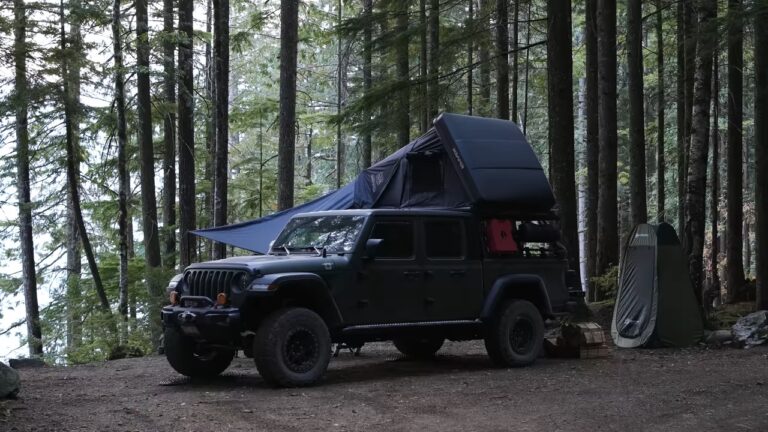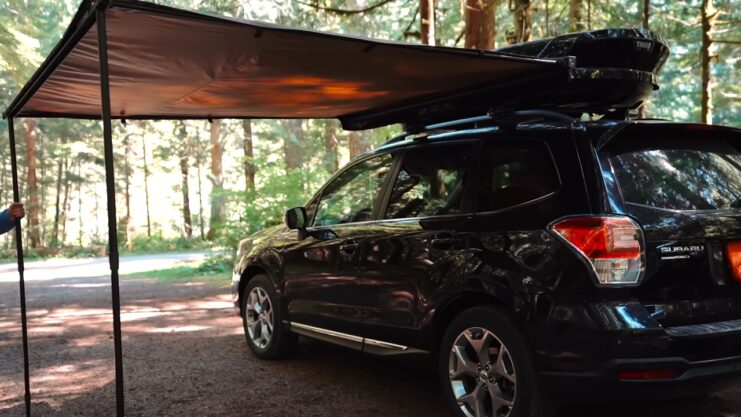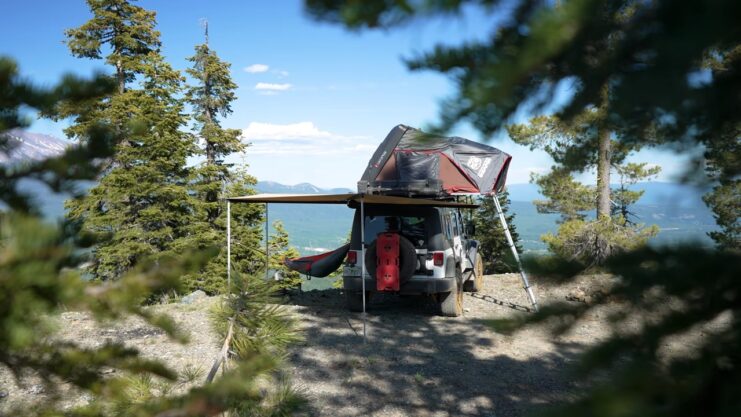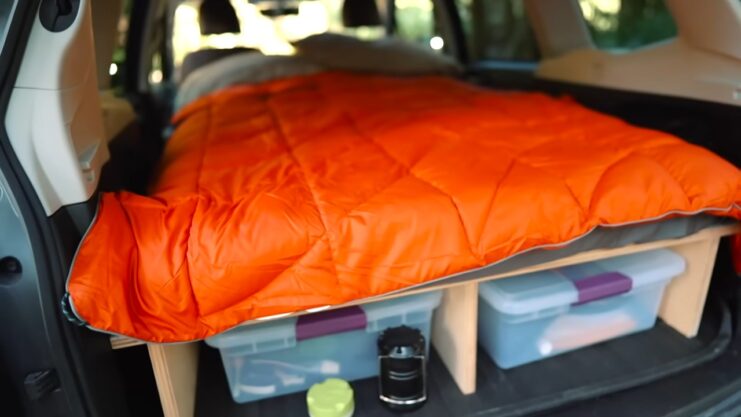Car camping is an excellent option for beginners and those who do not love to rough it up. It allows you to enjoy the outdoors and connect with nature without feeling exposed, scared, unsafe, and worried about wild animal attacks, which is the case when camping in a traditional ground tent.
Car camping is also pocket-friendly. You do not have to invest in expensive ultralight gear for car camping. Instead, you could leverage the equipment you already have in your home. If you are thinking about going car camping, below are eight crucial tips to help you have fun and stay safe throughout your trip.
Contents
1. Research
The first thing to do when planning a car camping adventure, especially if you are a beginner, is to conduct in-depth research about how other campers do it. This will help you determine what works for you. You could watch YouTube videos to get information on how to set up your car according to the available space.
Be sure to support and visit gear stores to determine appropriate gear for your car camping trip. You could also join Reddit forums and Facebook groups to connect with campers within the camping community and get solutions to any questions you may have.
2. Choose the right car
Vehicles are not built equally, and some are more suitable for car camping than others. Be sure to choose a reliable, secure, safe car to sleep in when off-road. Here are some features of an ideal vehicle for car camping.
- Roof rack – A roof rack system enables you to set up a cooking unit or rooftop tent when car camping. It also provides your vehicle with additional storage space.
- Four-wheel drive- all-wheel drive or four-wheel drive capability provides your car with the traction it needs to get through terrains, especially if you plan to do off-roading.
- Quality tires to handle extreme weather conditions
- An off-road accessible-an off-road vehicle can handle rocky terrains and dirt roads
- Plenty of space for unexpected guests, and all your camping gear
- Car cover to protect your vehicle from the elements
Jeep Wrangler, Subaru Outback, Hyundai Kona Electric, and Toyota 4Runner are ideal vehicle models for car camping.
3. Pack necessary camping essentials
Create a list of your car camping essentials before you start packing. Consider the destination, climate and temperatures, length of your trip, and your needs to determine what and how much clothing you should stock up on. You should also consider what you intend to eat, how to cook and prepare your meals, and your shelter.
The following are must-have car camping essentials:
- A tent. Be sure to consider vehicle compatibility, the size of your family, the tent’s peak height, the size and number of vestibules, and your budget when choosing an appropriate rooftop tent. Visit ikamper.com to shop for the best rooftop tents, among other accessories, to spruce up your car camping experience.
- Lighting to enable you to navigate your camping site at night
- Water storage
- Organizer
- Cooler
- Stove
- Mattress or sleeping pad
- Cookware, plates, and utensils
You should also fill up your gas tank.
4. Pick an ideal camping site
Choosing an appropriate car camping ground can be challenging with the various campsite options available for campers. For this reason, you should take time to research and read reviews to make an informed choice. Below are vital considerations when picking an ideal car camping site:
Your budget
While some car campgrounds are free, you may have to pay for others depending on the amenities offered. For this reason, shop around and compare prices to choose an affordable site. Consider the fuel costs, especially if you intend to drive to the site.
The campground location
Consider where you would want to camp. Would you prefer camping in the forest, near a beach, in the mountains, on a lake, or in the desert? How will you get to your ideal camping ground? Be sure to research to establish your preferred site is in a location tailored to your needs and comfort.
Your car type and driving experience
Unless you intend to invest in a new vehicle or lease one, you must first establish that you can access the campground with your car. While some camping grounds can be accessed via any vehicle type, others are only accessible with an all-wheel or four-drive vehicle.
Some camping grounds are inaccessible by larger vehicles such as campers, vans, and RVs. Other campsites may also not be accessible in winter because of heavy snow. You may also require off-road driving experience to access remote car camping grounds safely.
Amenities
Some campsites only offer a flat ground to pack and erect a tent. Others provide restrooms, electricity, water, picnic tables, showers, WiFi, restrooms, fire pits, or a full hookup. Determine the camping experience you want to achieve to choose a campsite with relevant amenities. If you’re going to rough it, avoid selecting a luxury campground.
5. Plan for the unexpected
Think about the things that could go wrong during your camping trip and prepare for them. Be sure to:
- Pack a spare tire in case of a flat tire
- Carry jumper cables for when you leave lights on in your vehicle throughout the night
- Stock up on additional food and water
- Pack an up-to-date medical kit
6. Obtain relevant permits
Whether you pick a free or paid campground, be sure to reach and obtain the necessary permits, especially if you intend to put up a campfire. Even though some sites already have fire pits, it does not necessarily mean fires are allowed. Getting relevant permits can protect you against legal implications and fines.
7. Be mindful of fellow car campers
You will likely be near other campers, especially at a campground. For this reason, you should keep the noise level down. If you bring your kids or furry friends along, ensure they are not running around into fellow camper’s campsites or making too much noise.
8. Prioritize safety
Stock up on emergency supplies, including trail maps and medical kits, before beginning your car camping adventure. You should also choose a campground that requires you to register. Remember to lock your vehicle’s windows and doors to prevent wild animals, including bears, from pulling open your car’s handles. You could also inform a close friend, relative, or colleague not on the trip of your plans to get help in emergencies.
Endnote
Car camping is an excellent way to road trip inexpensively and create lifetime memories. Be sure to research, pick the right vehicle and an ideal campground, pack essentials, plan for the unexpected, get permits, and prioritize safety for an enjoyable, safe, and affordable car camping.






